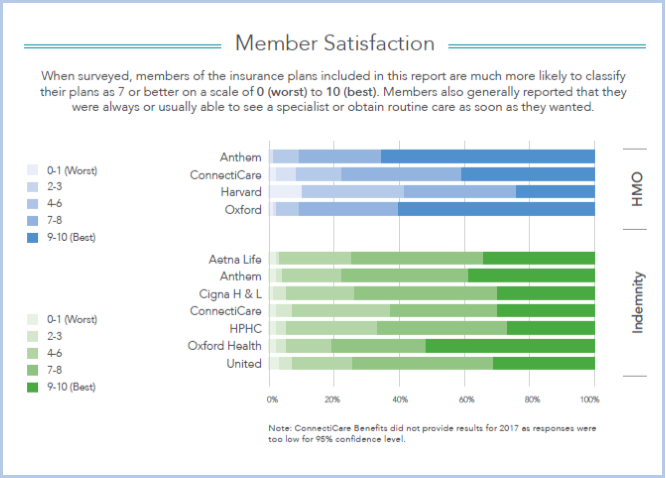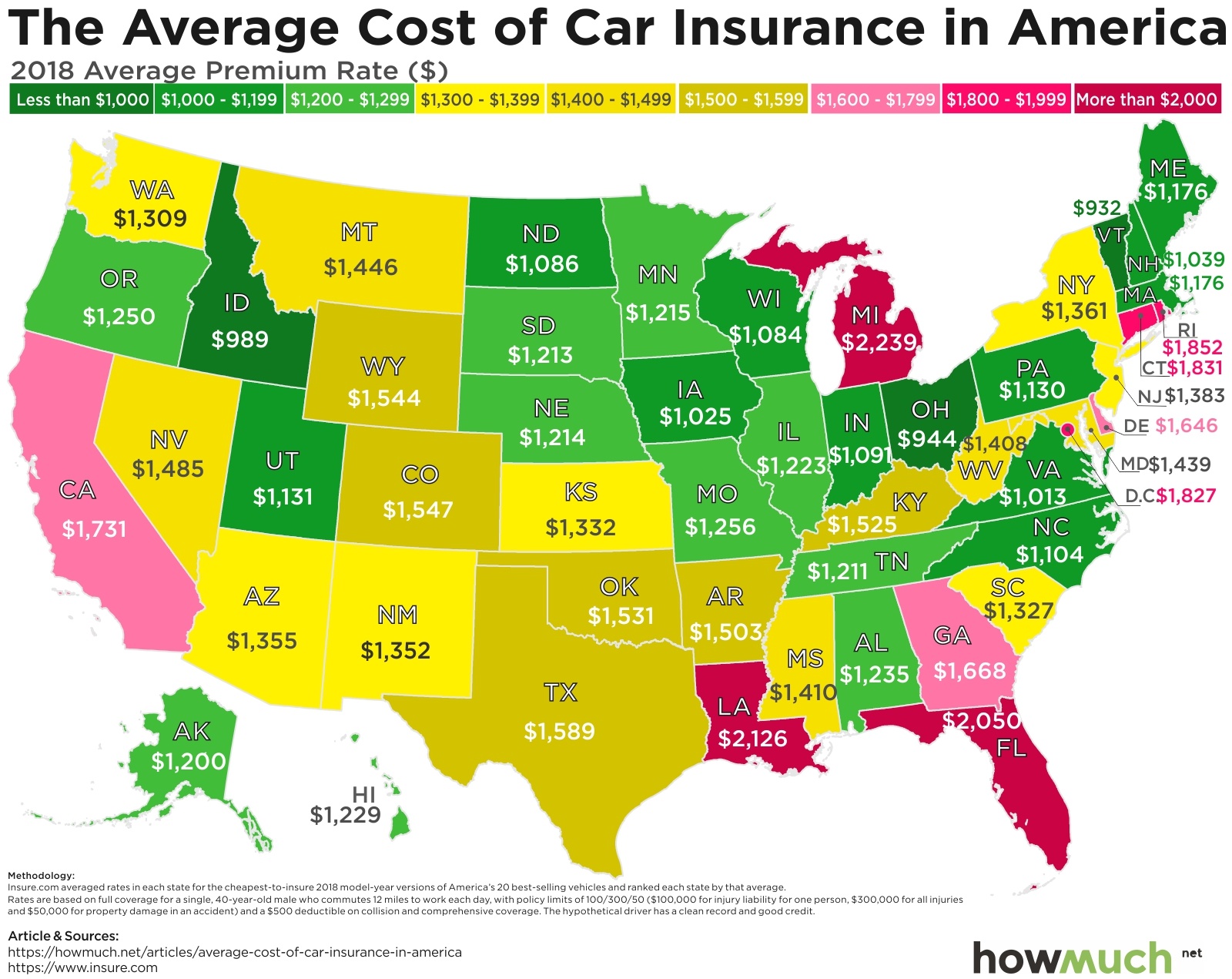States, Including CT, Reach $575M Settlement with Wells Fargo
/In a settlement described as "the most significant engagement to date by state attorneys general involving a national bank without a federal law enforcement partner, Connecticut Attorney General George Jepsen announced that Wells Fargo Bank N.A. will pay $575 million to resolve claims that the bank violated state consumer protection laws by (1) opening millions of unauthorized accounts and enrolling customers into online banking services without their knowledge or consent, (2) improperly referring customers for enrollment in third-party renters and life insurance policies, (3) improperly charging auto loan customers for force-placed and unnecessary collateral protection insurance, (4) failing to ensure that customers received refunds of unearned premiums on certain optional auto finance products, and (5) incorrectly charging customers for mortgage rate lock extension fees.
Connecticut served on a multistate investigation leadership and negotiating team, along with the attorneys general of Arizona, Iowa and Pennsylvania. Connecticut's share of the settlement is $5,242,279, which will be deposited into the state's General Fund.
Through this settlement with all 50 states and the District of Columbia, the company will also create a consumer redress review program through which consumers who have not been made whole through other remediation programs already in place can seek to have their inquiry or complaint reviewed by an escalation team for possible relief, officials said.
"Wells Fargo engaged in conduct that violated the public's trust and ran afoul of state laws," said Attorney General Jepsen. "This settlement resolves Connecticut's consumer protection claims against the bank and creates an important avenue for Connecticut consumers seeking redress for the bank's improper conduct. I'm proud of the strong, bipartisan work of the states in this investigation that has helped bring this matter to a close."
As part of its settlement with the states, Wells Fargo has agreed to implement within 60 days a program through which consumers who believe they were affected by the bank's conduct, but fell outside the prior restitution programs, can contact Wells Fargo to be reviewed for potential redress. Wells Fargo will create and maintain a website for consumers to use to access the program and will provide periodic reports to the states about ongoing restitution efforts.
According to the Attorney General's office, Wells Fargo has identified more than 3.5 million accounts where customer accounts were opened, funds were transferred, credit card applications were filed, and debit cards were issued without the customers’ knowledge or consent. The bank has also identified 528,000 online bill pay enrollments nationwide that may have resulted from improper sales practices at the bank. In addition, Wells Fargo improperly submitted more than 6,500 renters insurance and/or simplified term life insurance policy applications and payments from customer accounts without the customers’ knowledge or consent.
The states alleged that Wells Fargo imposed aggressive and unrealistic sales goals on bank employees and implemented an incentive compensation program where employees could qualify for credit by selling certain products to customers. The states further alleged that the bank's sales goals and the incentive compensation program created an impetus for employees to engage in improper sales practices in order to satisfy such sales goals and earn financial rewards. Those sales goals became increasingly harder to achieve over time, the states alleged, and employees who failed to meet them faced potential termination and career-hindering criticism from their supervisors.
The states also alleged that Wells Fargo improperly charged premiums, interest, and fees for force-placed collateral protection insurance to more than two million auto financing customers, despite evidence that the customers’ regular auto insurance policy was in effect, and despite numerous customer complaints about such unnecessary placements. Wells Fargo has agreed to provide remediation of more than $385 million to approximately 850,000 auto finance customers. The remediation will include payments to over 51,000 customers whose cars were repossessed.
Additionally, the states alleged that Wells Fargo failed to ensure that customers received proper refunds of unearned portions of optional Guaranteed Asset/Auto Protection (GAP) products sold as part of motor vehicle financing agreements. As a result, the bank has agreed to provide refunds totaling more than $37 million to certain auto finance customers.
Finally, the states alleged that Wells Fargo improperly charged residential mortgage loan consumers for rate lock extension fees even when the delay was caused by Wells Fargo, a practice contrary to the bank’s policy. Wells Fargo has identified and contacted affected consumers and has refunded or agreed to refund over $100 million of such fees.
It is the latest major settlement involving government action against Wells Fargo practices.
Wells Fargo has previously entered consent orders with federal authorities – including the Office of the Comptroller of the Currency (OCC) and the Consumer Financial Protection Bureau (CFPB) – related to its alleged conduct. Wells Fargo has committed to or already provided restitution to consumers in excess of $600 million through its agreements with the OCC and CFPB as well as through settlement of a related consumer class-action lawsuit and will pay over $1 billion in civil penalties to the federal government. Additionally, under an order from the Federal Reserve, the bank is required to strengthen its corporate governance and controls, and is currently restricted from exceeding its total asset size.
More information on the redress review program, including Wells Fargo escalation phone numbers and the Wells Fargo dedicated website address for the program will be available on or before February 26, 2019. Consumers with questions about the redress program can contact the Office of the Attorney General's Finance Department at 860-808-5270.










 The startups include:
The startups include:


































